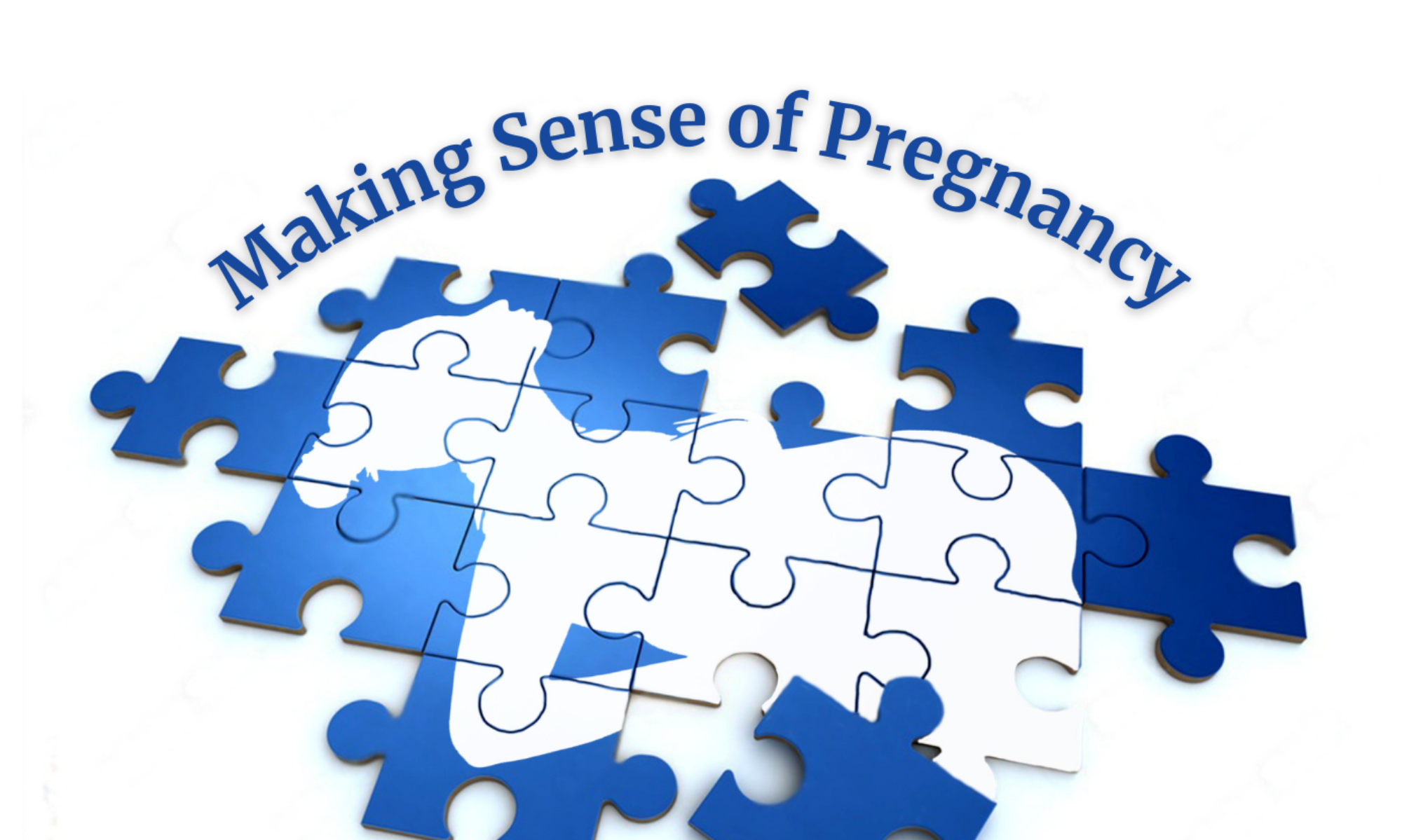Ep 10 How the Endometrium’s Interview Process Affects Your Fertility: Conversation with Dr. Nick Macklon
Ep 9 The Hidden Conversation Between the Immune System and Pregnancy: What is Means for Birth: Dr. Nardhy Gomez-Lopez
Ep 8 The Surprising Role of Aspirin in Fighting Preterm Birth Risks: Conversation wtih Dr. Matthew Hoffman
Dr. Mana Parast, MD, PhD
Dr. Parast is a Professor of Pathology at the UCSD School of Medicine
Dr. Parast is a physician scientist with expertise in placental development and pathology.
She does both clinical and academic work.
On the clinical side, she the Director of Perinatal Pathology Service at UC San Diego Health, where she reviews placentas and other obstetric pathology, and consults on perinatal autopsies.
Her research primarily focuses on the pathophysiology of placental pathologies.
You can find her academic profile here
To see her research, check out the Mana Parast Lab
SN: Ep 7 Dr. Mana Parast
This week’s episode is a continuation of my conversation about developing our skills to best use the placenta as a diary of intrauterine life.
Dr. Parast shares more of her work about the promise of placental pathology to better understand both the pregnancy that has been completed and potentially to better predict what a future pregnancy could hold.
We also talk about:
* how to prepare your body for pregnancy
* what biomarkers in conjunction with new screening methods can do to help with prediction during a pregnancy
and
* how studying the placenta could yield insights on aging more generally
SN: Ep 6 Dr. Mana Parast
The placenta is the diary of intrauterine life, so says Dr. Parast and her collegues. They are using this diary, after birth, to better understand both the trajectory of problems in birth (like IUGR and preeclampsia) as well as markers of impending morbidity for mothers (like autoimmune conditions that have not yet crossed the threshold of noticeable symptoms). Dr. Parast believes that placental pathology should be the standard of care in any birth that involved some sort of pregnancy complication, to better understand the cause of stillbirth (and potentially prevent future problems) and to guide maternal care in future pregnancies.
Check out some of the work the Parast Lab is doing here: https://pathology.ucsd.edu/research/labs/parast/index.html
Ep 7 Does Modern Medicine Underestimate the Power of the Placenta: Dr. Mana Parast, Part II
Ep 6 What are We Missing in Pregnancy Care When we Don’t Examine the Placenta: Conversation with Dr. Mana Parast, Part I
SN: Ep 5 Conversation with Carl Weiner
Many first time mothers experience the schedule of OB visits as informative: there are few visits in the beginning of the pregnancy and many near the end and one might take that to mean that there is more going on at the end than the beginning of gestation.
In fact, there is a tremendous amount of activity going on in the opening weeks of pregnancy, but until now, we understood very little of it, and had very limited ability to change our trajectory with any move other than delivery.
Today’s guest, Dr. Carl Weiner, has mined some of the early data of the first trimester to allow him and his team to predict whether a premature birth is likely on the horizon when the pregnant person is 12 weeks pregnant. Today we’ll talk about his exciting work.
To find Dr. Carl Weiner’s work, see: https://pubmed.ncbi.nlm.nih.gov/?term=Carl+Weiner&sort=date
